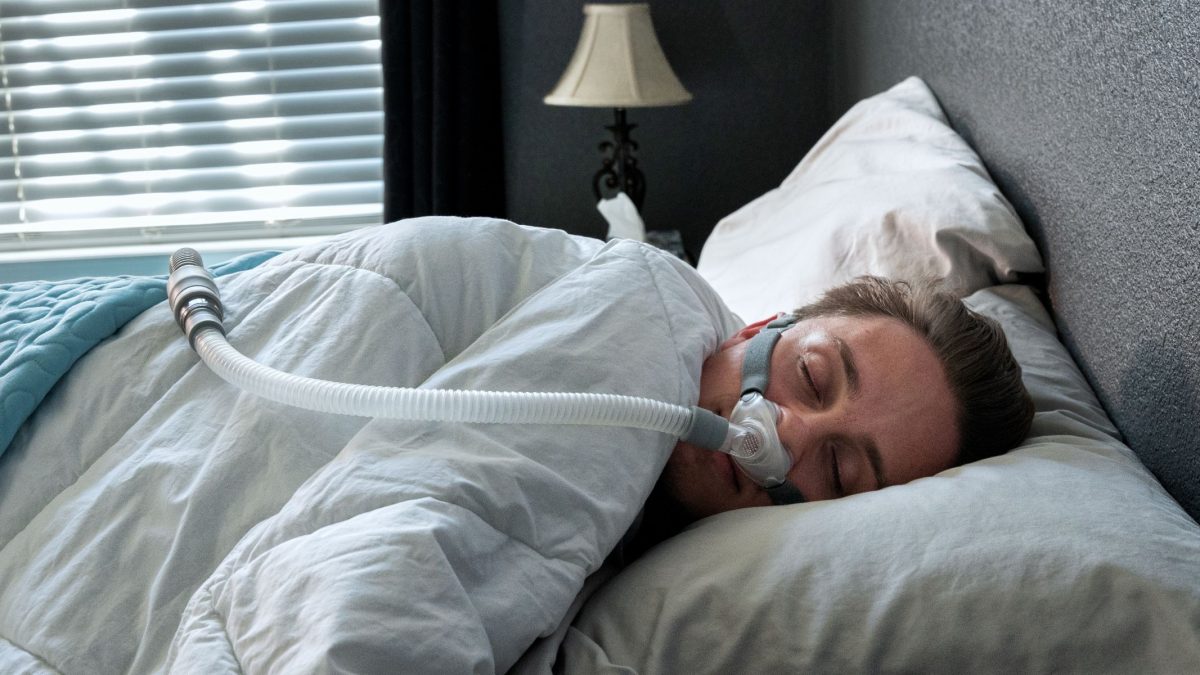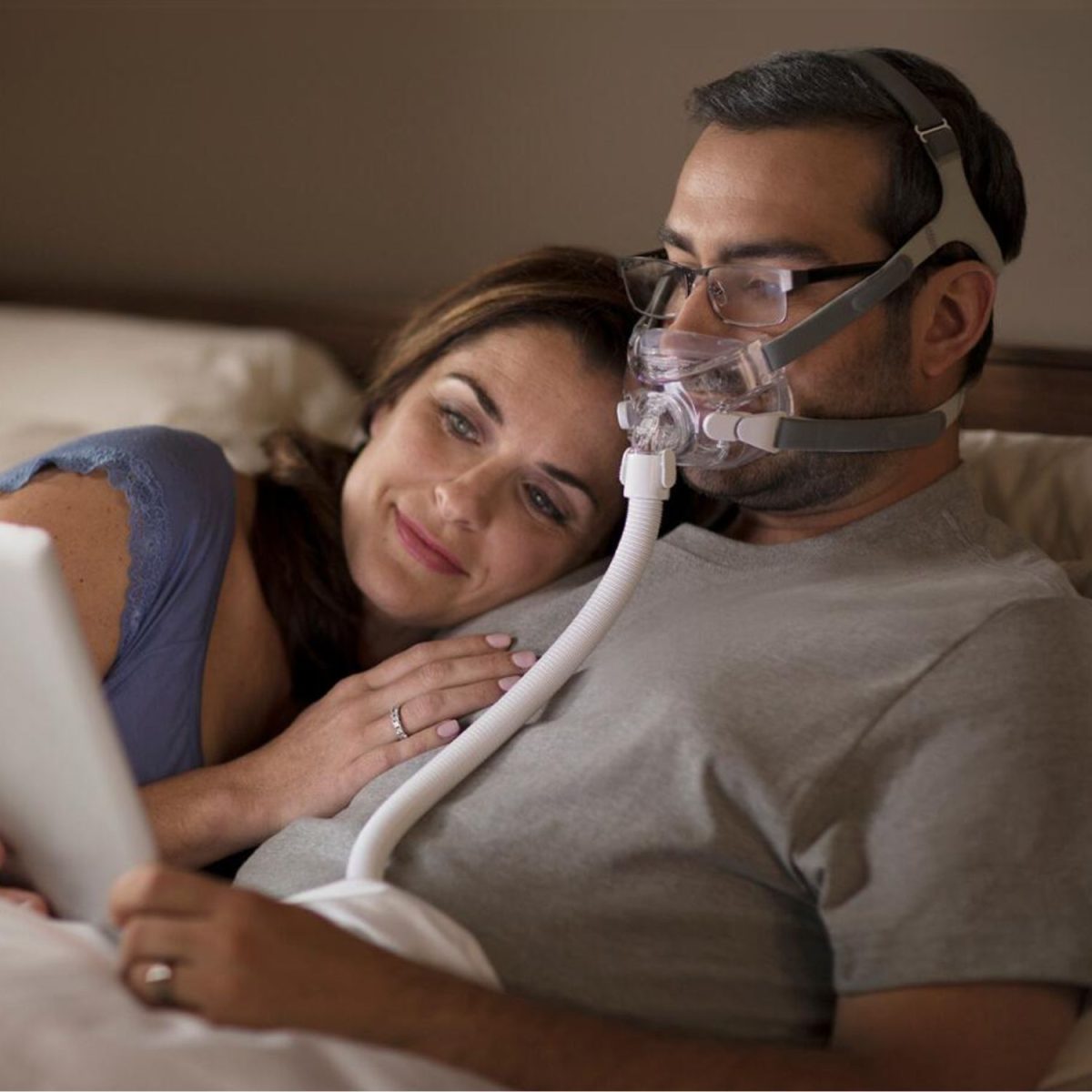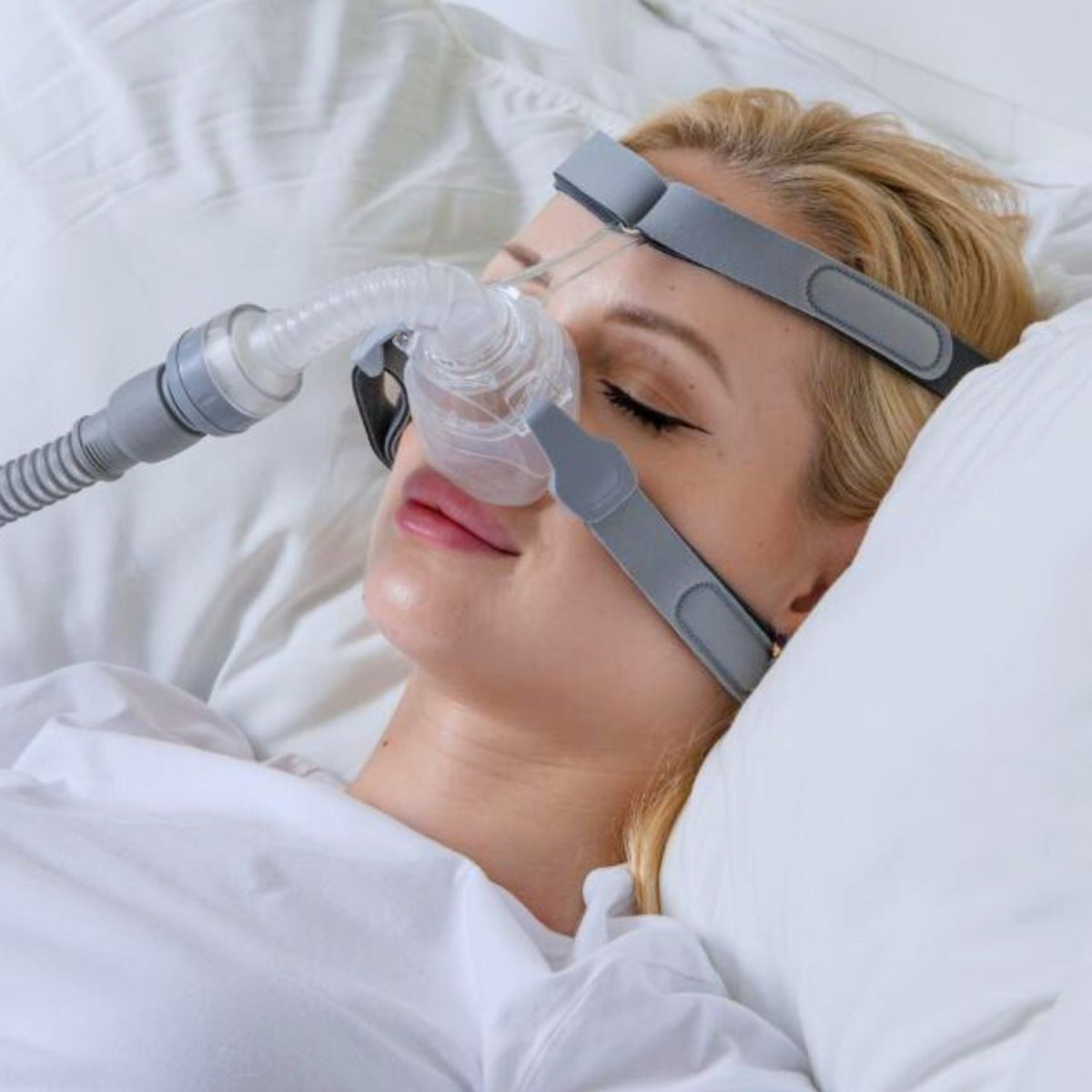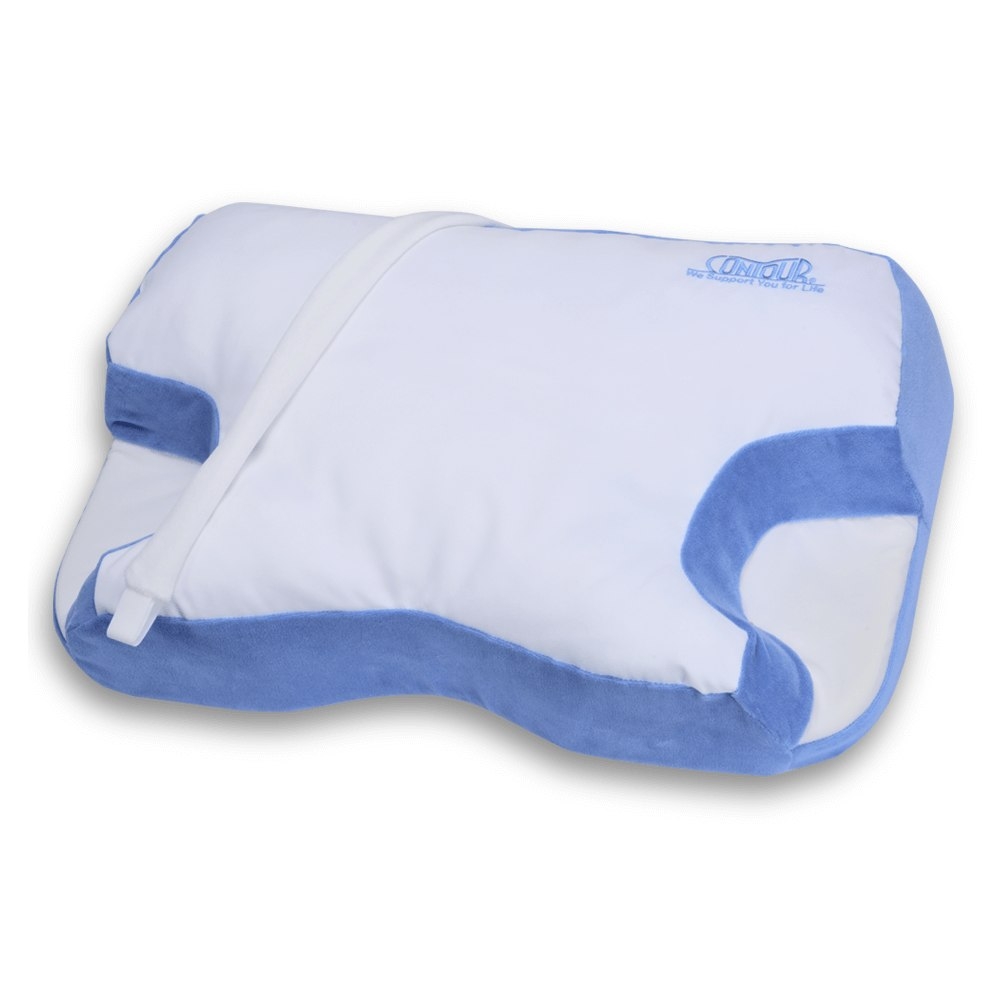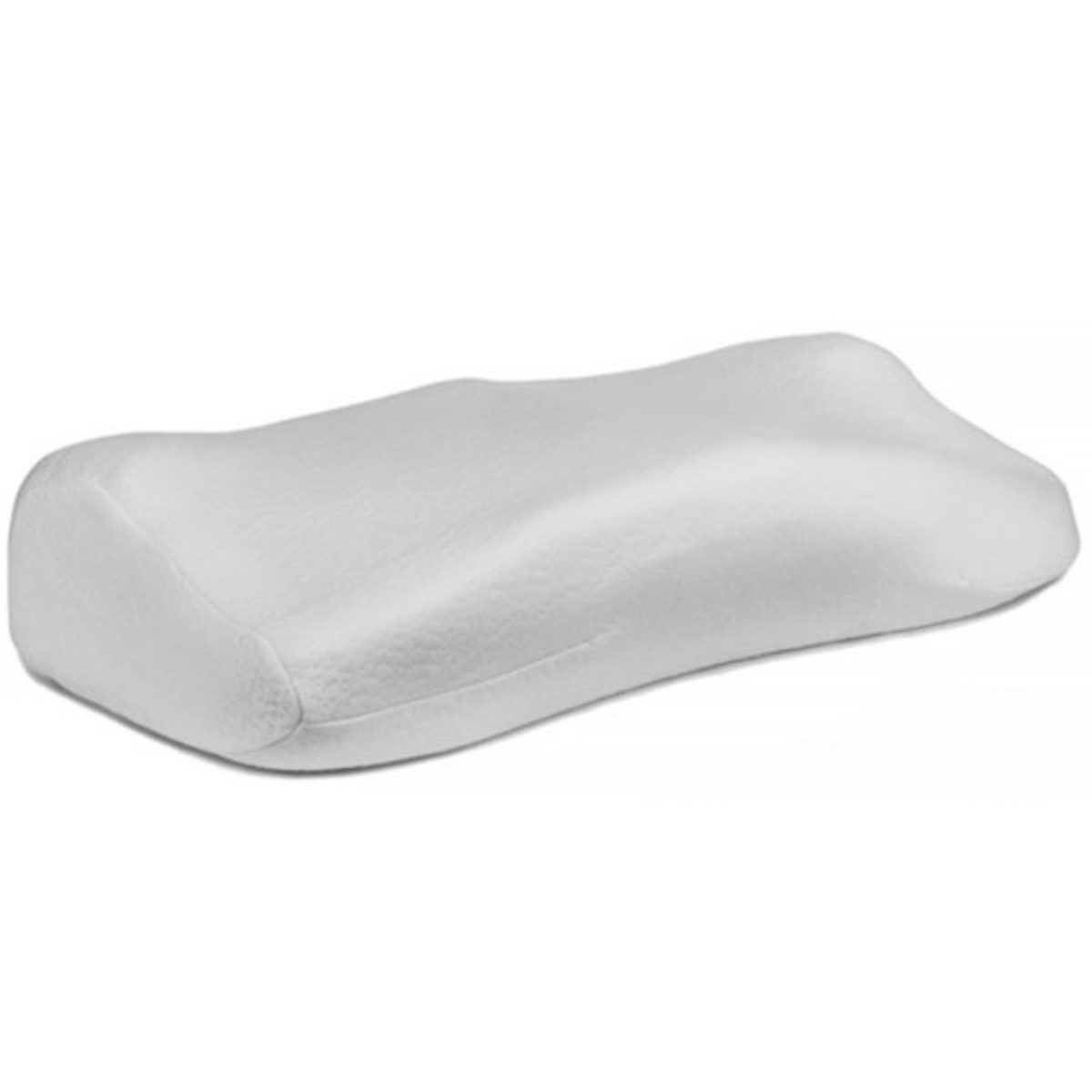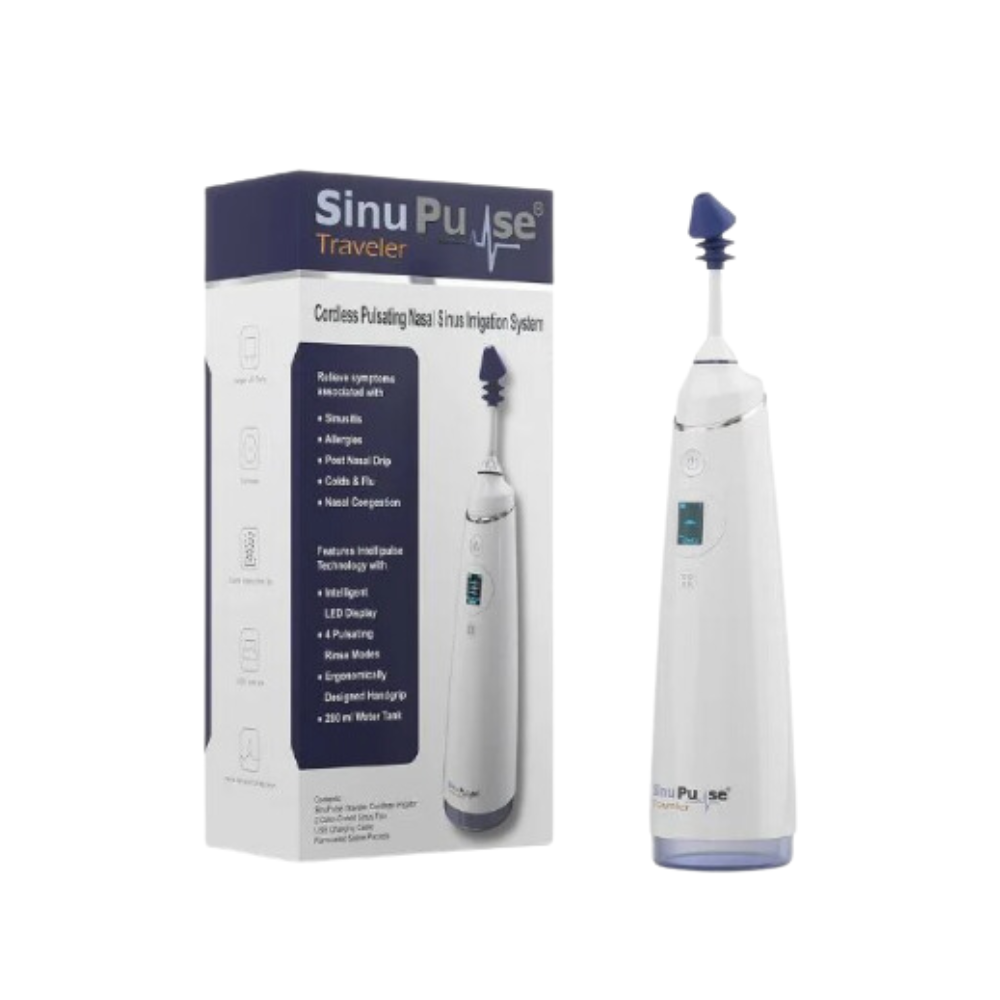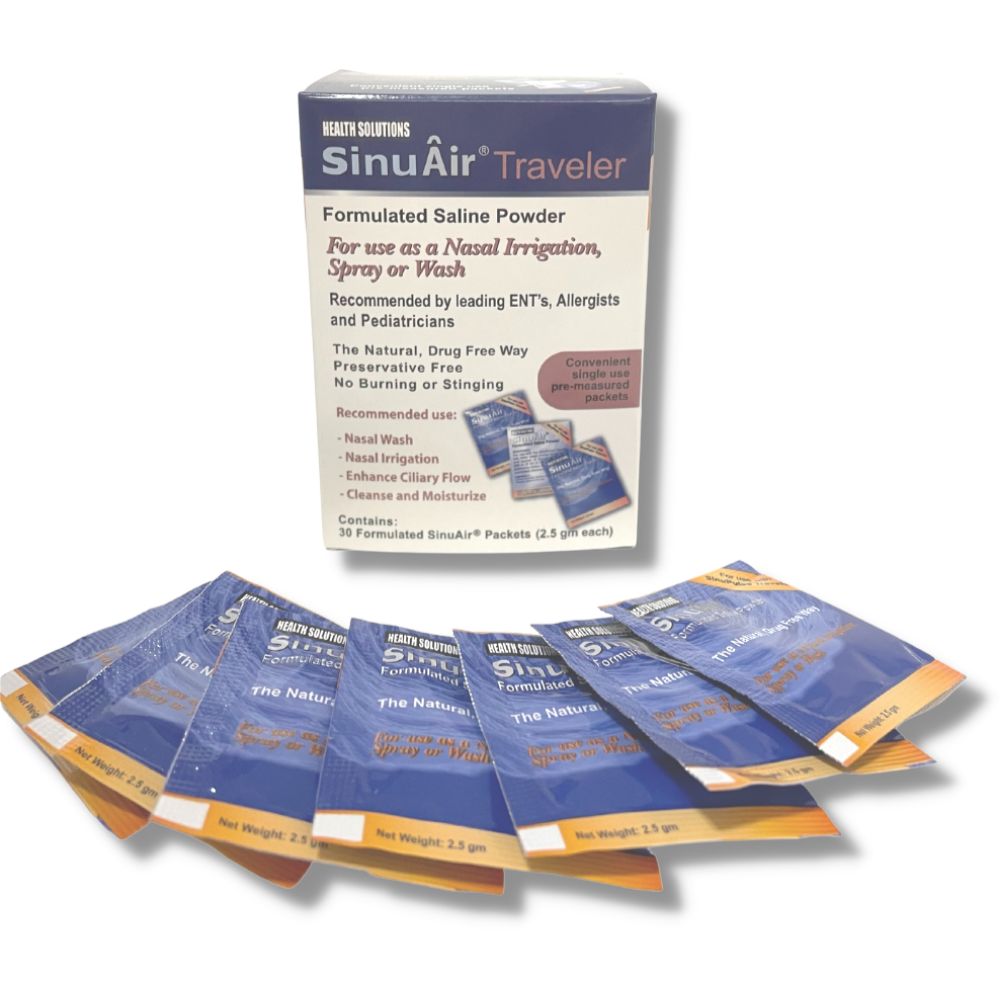Fact Checked
Intus Healthcare’s writers, customer service team, and sleep experts review and ensure this information is accurate.
Last updated on June 26th, 2024 at 01:06 pm
Swallowing Air with CPAP
CPAP therapy is an effective treatment for Sleep Apnoea, offering many benefits to patients. However, like many treatments, it can have side effects, including aerophagia.
This article will explain what aerophagia is, its symptoms, and simple ways to address it so you can enjoy quality sleep.
What is Aerophagia?
The term aerophagia means ‘air-eating’ in Greek (1). It refers to a condition where a person swallows a lot of air, which can happen while sleeping, eating, drinking, or talking. This excess air ends up in the stomach, causing bloating, belching, and discomfort.
In simple terms, aerophagia means having too much air in the stomach, leading to gas-related issues. It is common, especially among those using a CPAP machine, though many may not realise it is the cause of their discomfort (2).
It is important to note that there are many ways to reduce and stop swallowing air with your CPAP machine, so please do not give up on using it.
What Causes Aerophagia?
The cause of aerophagia can differ from person to person and can happen to anyone.
Common causes or triggers include:
- Eating or drinking too quickly
- Chewing gum
- Talking and eating at the same time
- Smoking
- Drinking carbonated drinks
- Laying on your back
- Mouth breathing
- Anxiety, depression and stress
- Certain medications
Other Causes Specific to CPAP:
The CPAP device’s pressurised airflow can sometimes enter the stomach instead of the lungs, causing discomfort.
Pressure settings: Depending on your machine’s pressure, it may cause you to swallow excess air if it is too high or too low.
If your machine settings are too high for you, the extra air pressure has no place to go and will flow to your oesophagus (the tube leading to your stomach).If your settings are too low, your body may try to resolve the apnoea episodes by quickly gulping air. This forces the air into the oesophagus which builds up within the stomach.
Nasal congestion: A blocked nose due to allergies, a cold, or the flu can make receiving the correct air pressure difficult. As you breathe, you may gulp the air through your mouth, which can flow to your stomach rather than your lungs.
Related Article: Should I use my CPAP when I have a cold?
Incorrect mask fit: A poor-fitting mask can cause air leakage and increase the likelihood of swallowing excess air. For example, you may breathe through your mouth during sleep but are using a nasal mask; this will hinder the effectiveness of your treatment as the air escapes.
This means your apnoea episodes are not corrected, so you may wake up in a panic, gasping for air in sleep. The air will likely end up in your stomach as you react suddenly.
Sleeping position: When you sleep on your back, gravity can cause the tongue and soft tissues to fall backwards, partially obstructing the airway. This can lead to increased CPAP pressure to keep the airway open, which might force more air into the oesophagus, increasing the risk of aerophagia.
Other positions, like curling up or lying in a way that compresses the stomach, can cause more air to be pushed into the stomach rather than directed to the lungs.
Related Article: The Best Sleeping Positions for Sleep Apnoea
Exhalation issues: If you have problems exhaling with your machine due to anxiety, it can make you panic. When this occurs, you could fall out of your natural breathing pattern as you take in too much air, forcing air into your oesophagus instead of your lungs.
Bloating and excessive air swallowing may not be due to one specific issue; it can be due to a combination of the above.
We understand that getting used to using a CPAP machine takes time, but you can enjoy its benefits with the correct support.
If you need any help solving a problem with your treatment, you can contact us to speak with one of our Sleep Apnoea experts.
Symptoms
When too much air and gas build up within the gastrointestinal system, it causes symptoms that include:
- Stomach ache
- Stomach gurgling
- Abdominal pain
- Hiccups
- Bloating
- Flatulence
- Feeling uncomfortable or full before finishing a meal
- Heartburn
- Loss of appetite
- Acid reflux
- Increased burping
Is CPAP Aerophagia Dangerous?
Aerophagia is not dangerous in most cases but does cause uncomfortable symptoms that can hinder the effectiveness of your therapy.
Treating your Sleep Apnoea is the most important thing you can do for your sleep condition. By addressing and resolving any side effects, you can experience the benefits of your treatment.
How is it Diagnosed?
Aerophagia is diagnosed through patient history, symptom assessment, and sometimes diagnostic tests. Your doctor will ask about your symptoms, such as bloating, belching, and stomach discomfort, and how often they occur. They will also explore your lifestyle habits, such as smoking or using a CPAP machine.
The healthcare provider will ask about the timing and triggers of symptoms. A physical exam might be performed to check for signs and to rule out other possible causes of gastrointestinal discomfort, such as GERD or IBS.
If aerophagia is suspected, the focus will often be on identifying and modifying behaviours or conditions that lead to excessive air swallowing.
How to Stop CPAP Aerophagia
Adjust your mask: Ensure your mask fits well and doesn’t cause air leaks. A well-fitting mask can help prevent you from swallowing air.
CPAP masks feature different adjustment points to help you find a comfortable fit. If necessary, try to adjust the headgear or change the cushion size.
Please remember that a nasal mask is only suitable if you breathe through your nose during sleep, and a full-face mask is recommended if you breathe through your mouth.
Adjust your pressure settings: If you think your symptoms are due to current pressure settings, speak with your healthcare provider to discuss appropriate adjustments.
Sometimes, reducing the pressure slightly can help minimise aerophagia without compromising the effectiveness of the treatment.
Change sleeping position: For most people, sleeping on their side instead of their back can help keep the airway open. If you try this, ensure your head and neck are properly supported to avoid any restriction in airflow.
To make sleeping on your side easier, consider using a CPAP pillow, the pillow is designed with cut-out sections for your mask to fall in easily. These cut-outs prevent your mask from digging into your skin and causing irritation.
Utilise the expiratory relief setting: Most CPAP machine models have a feature known as expiratory pressure relief (EPR) that reduces pressure during exhalation.
This can make breathing more comfortable and reduce the chance of swallowing air. If you need help using this function, contact us for support.
Treating congestion: Frequent nasal congestion can affect your therapy. Use a nasal irrigator, saline sprays, decongestants, or nasal strips to ensure clear nasal passages. Breathing from your nose rather than your mouth can reduce aerophagia.
Diet changes: Adjusting your diet to limit or remove foods that trigger excess gas within the gastrointestinal system can reduce your symptoms. Foods to limit may include lactose products, certain artificial sweeteners, beans and lentils.
Eat slower: Eating slowly will stop you from swallowing too much air, preventing excess air from building up and causing discomfort.
Reduce your intake of carbonated drinks: Fizzy drinks & alcohol contain dissolved carbon dioxide, which turns into gas when it warms in the stomach. Reducing the number of carbonated beverages in your diet can help significantly improve gas and bloating.
Quit smoking: Smoking can lead to more frequent swallowing, mouth breathing, coughing, and increased CPAP pressure needs, all of which can contribute to the risk of aerophagia. Quitting smoking can help to reduce these risks and improve overall respiratory health.
Breathing exercises: Diaphragmatic breathing exercises gently massage the intestines and stomach, which can reduce symptoms such as bloating and abdominal pain.
Exercise regularly: Regular exercise helps improve respiratory function, manage weight, enhance digestion, reduce stress, and improve overall sleep quality. These benefits collectively reduce the risk and symptoms of aerophagia.
Summary
Many CPAP users experience side effects such as excessive gas and bloating from their therapy, but we are here to help you solve this.
You may not need to change your CPAP treatment to reduce air swallowing. Instead, improving your sleep hygiene can help. Establishing a regular sleep routine, creating a good sleeping environment, and avoiding heavy meals or caffeine close to bedtime can help.
If you would like our support, please contact us; we have helped more than 200,000 people successfully treat their Sleep Apnoea.
References
- Bredenoord AJ. (2013). Management of belching, hiccups, and aerophagia. Clin Gastroenterol Hepatol. Available at: https://pubmed.ncbi.nlm.nih.gov/22982101/. Accessed: 05.06.2024
- Watson, N. F., & Mystkowski, S. K. (2008). Aerophagia and Gastroesophageal Reflux Disease in Patients using Continuous Positive Airway Pressure: A Preliminary Observation. Journal of Clinical Sleep Medicine : JCSM : Official Publication of the American Academy of Sleep Medicine, 4(5), 434-438. Available at: https://www.ncbi.nlm.nih.gov/pmc/articles/PMC2576329/. Accessed: 26.06.2024

